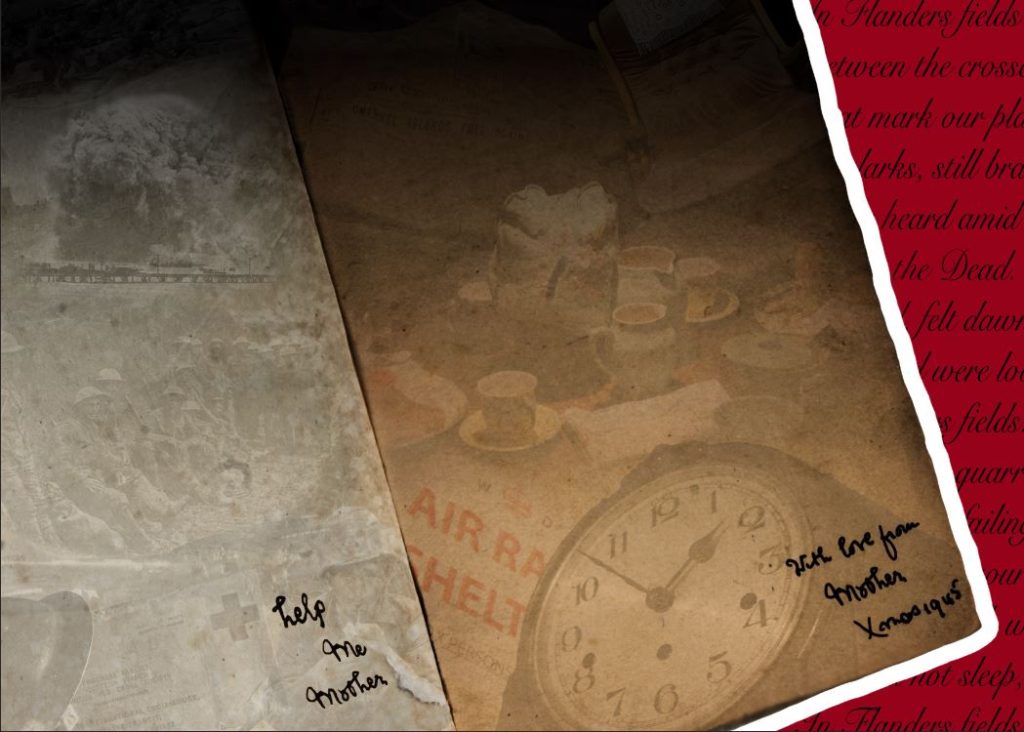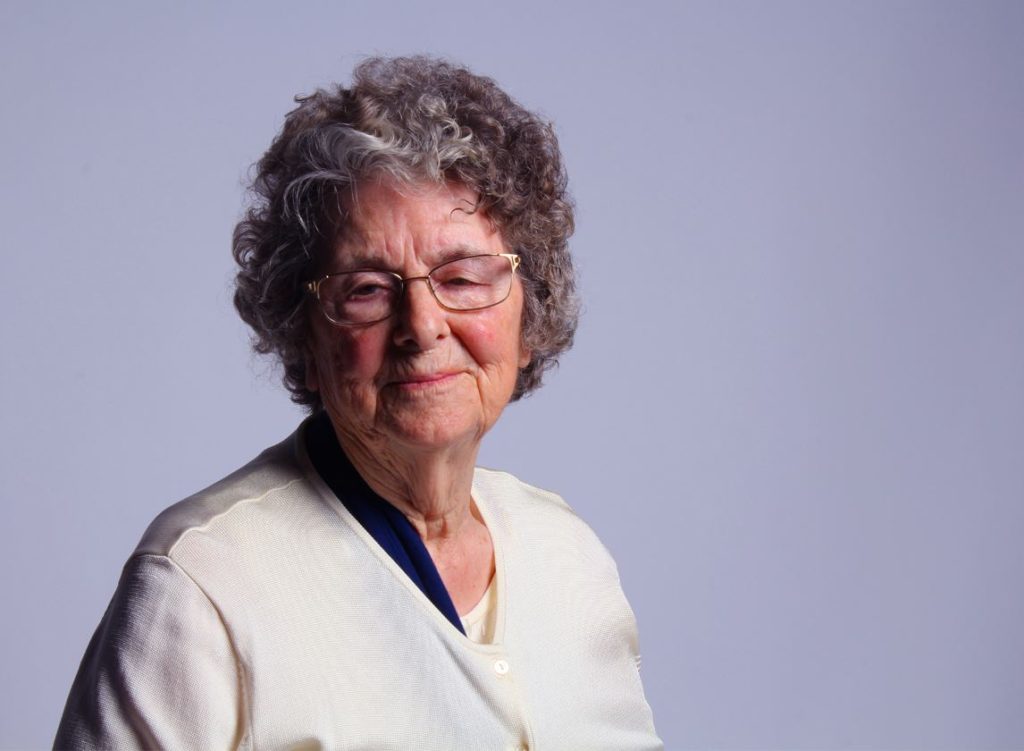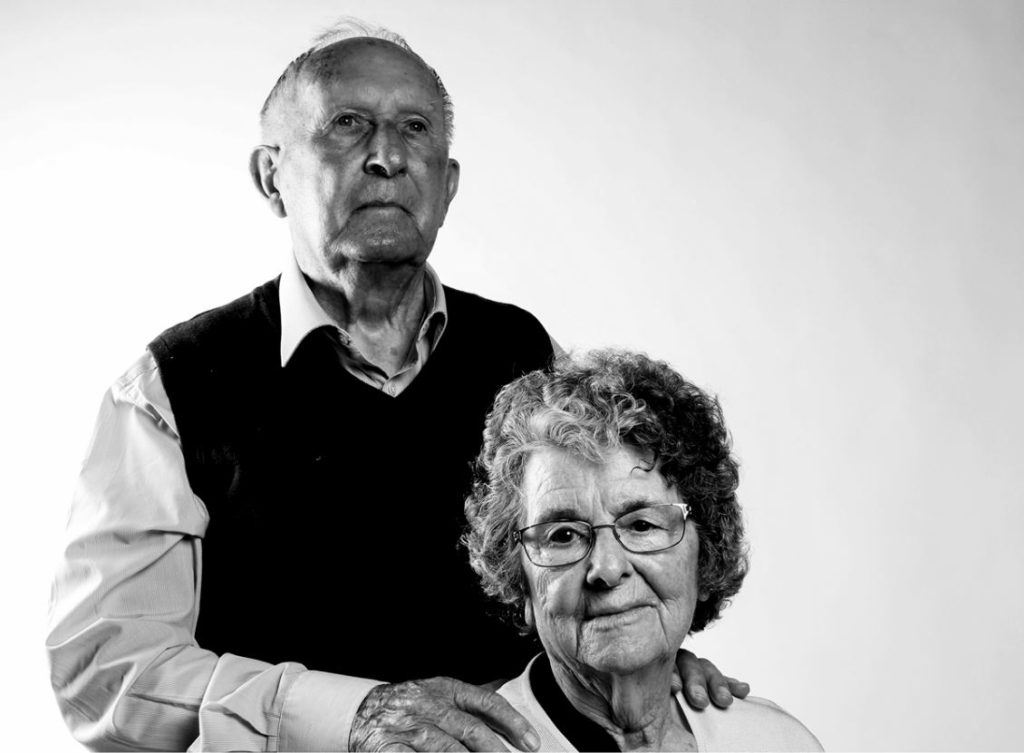During my personal investigation based on Occupation and Liberation, I was able to learn a range of invaluable skills that I can transfer onto further projects and my own Personal Study. During the course of this investigation, I was able to develop my understanding of how the concepts and historical background behind images can help to develop a narrative/sequence, and how the process of editing can help to build bridges between the historical context of an image, and how it is relevant and applicable to modern ideas and concepts.
As my Personal Investigation was mainly based on the Occupation and Liberation of Jersey during WWII, I have decided to extend the theme of Occupation and Liberation to a concept that I can more personally relate to (as I have no family left who can recount the war, nor do I have any historical tie to the island itself). I have decided to extend the theme of Occupation and Liberation, and develop it into an investigation into the influence that gender norms and stigma can have/have had on different generations, and the concept of how “liberating” individuals (allowing them to express themselves freely without the weight of gender norms) is, although making progress, still a taboo topic that carries its own stereotypes.

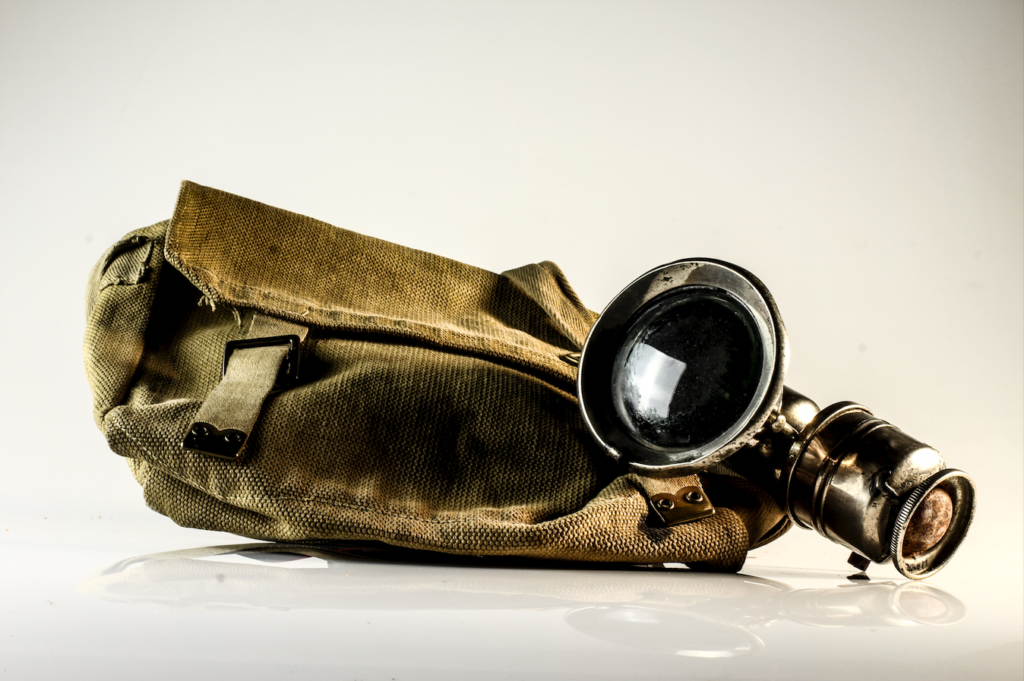
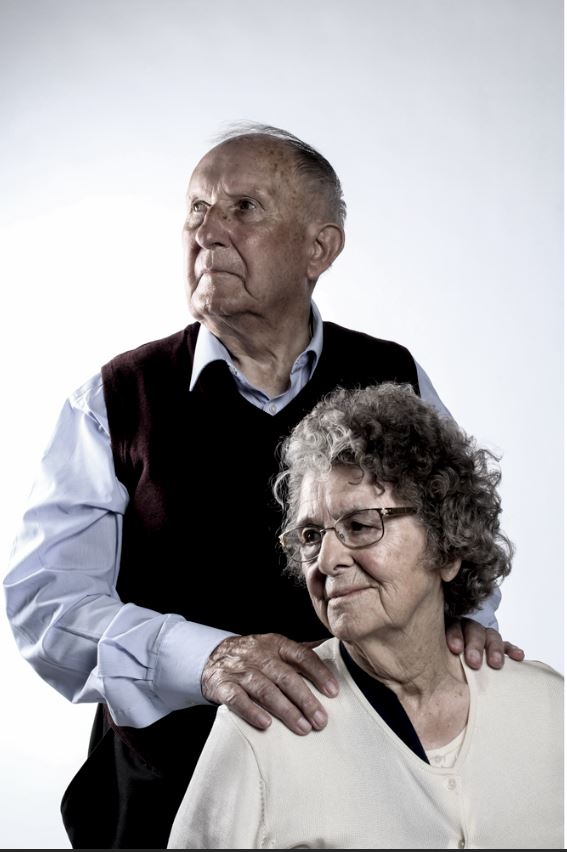
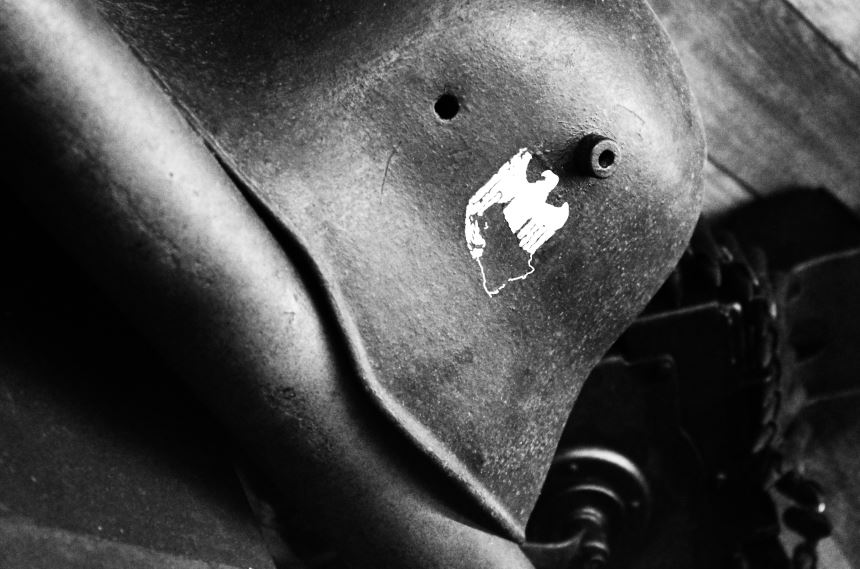
This gallery of images represents examples of each of the themes I have attempted in the Occupation and Liberation project; people, places, objects (and photo-montages)
During my investigation into the Occupation and Liberation of Jersey, I was inspired by a range of themes, photographic skills and artists that helped to better shape my understanding of developing a project around a certain theme, and keeping in mind a narrative that can be applied to the final layout of images. During this project, I had the opportunity to photograph archival objects from the Occupation, individuals who lived through the occupation, and a range of settings from bunkers and Jersey’s War Museum. Studying a range of artists such as Rafal Milach and Klaus Pichler gave me a broad understanding of the different methods of developing images, and the different subjects that can be used. Milach allowed me to develop my photo-montage skills (an expression of art that I really enjoy), and Pichler allowed me to gain a deeper understanding of the ways in which concepts and the historical context of an image can be shown clearly through the use of photography. I feel that the portrait approach towards our project (in which I was able to photograph Joan and Henley (survivors of the occupation)) inspired me the most, as I feel that being able to learn and understand their stories, before having the chance to photograph them in a very personal, up close manner, allowed me to develop a deeper link between myself, the subject and the photograph.
I also enjoyed object photography, in which I had full control over the objects in the image and was able to create images using layouts of objects that I felt best reflected a certain concept/showed the best shapes, angles and contrasts. I feel like the portrait aspect of my Personal Investigation, along with the camera skills I gained (using a tripod, using different lighting and taking images effectively inside and outside of studio settings) will help me to begin a successful Personal Study, in which I wish to focus on people and objects to fully highlight the concept of gender within the theme of occupation and liberation.
Below are some examples whereby I have developed skills and used them to take and edit images:
Above are examples where I have created photo-montages, allowing me to develop my editing skills and narrative skills, as I had to find ways to lace images and concepts together to create a narrative for the image itself.
In the above images, I have developed my portrait taking skills (a skill that I will use in my Personal Study) – I have been able to develop my understanding of how a studio setting (lighting, angles etc) effects the final outcome of an image, and I was able to gain confidence in my ability to make decisions about the poses and positions of subjects within the frame of the image to better draw attention to certain features.
In a practical aspect, I developed my understanding of different software such as Photoshop, and was introduced to and developed my skills in Light-room. I also developed my ability to form narrative and sequencing after developing my second zine, in which I more carefully selected the sequence of images and narrative.

